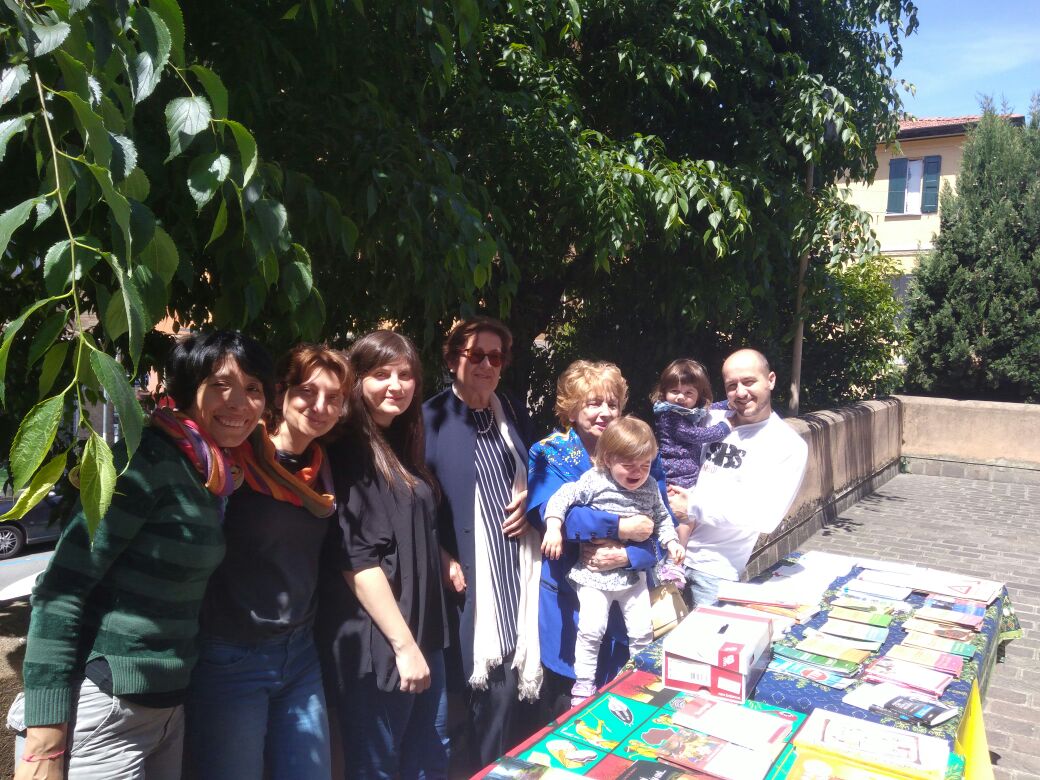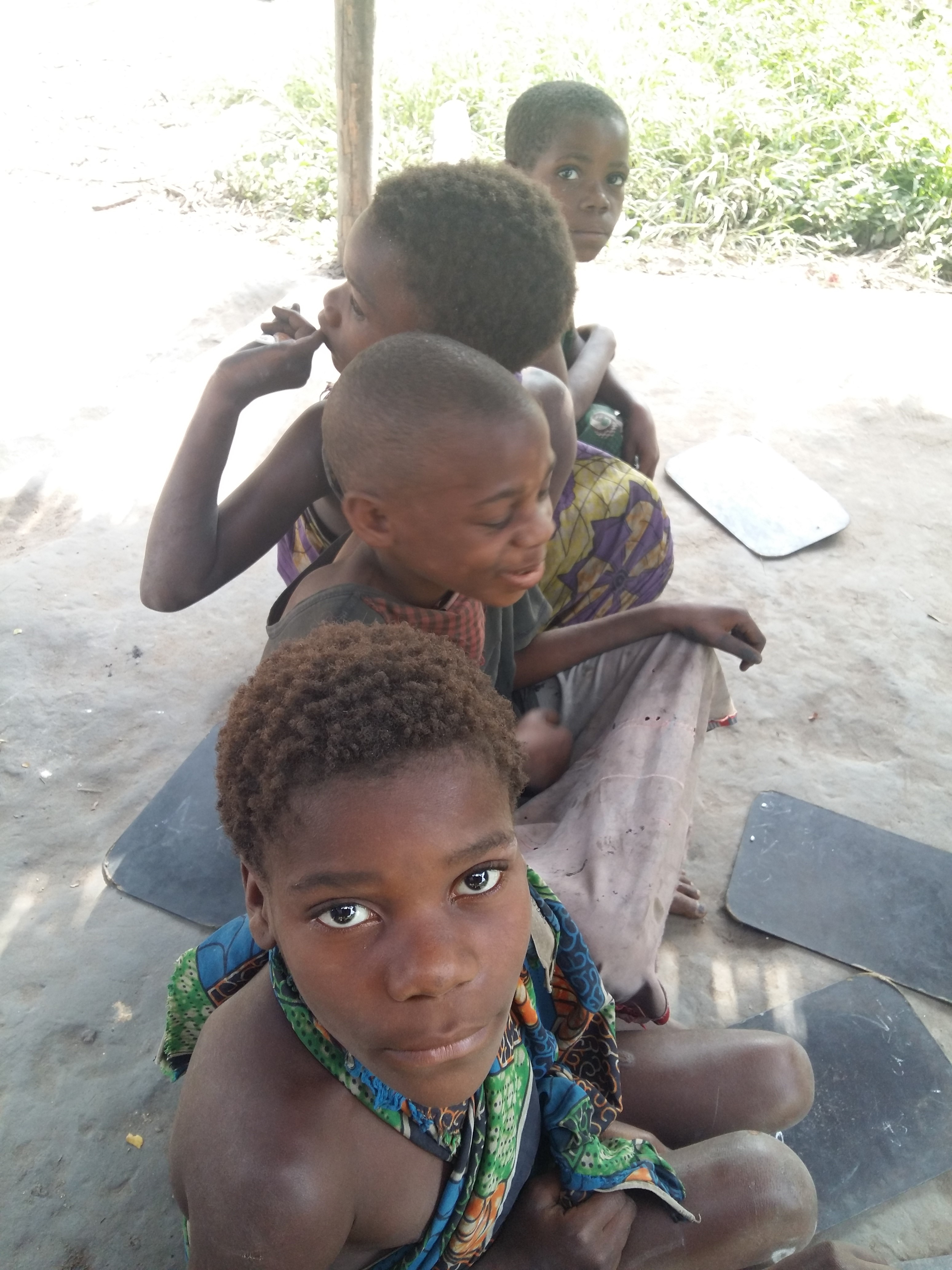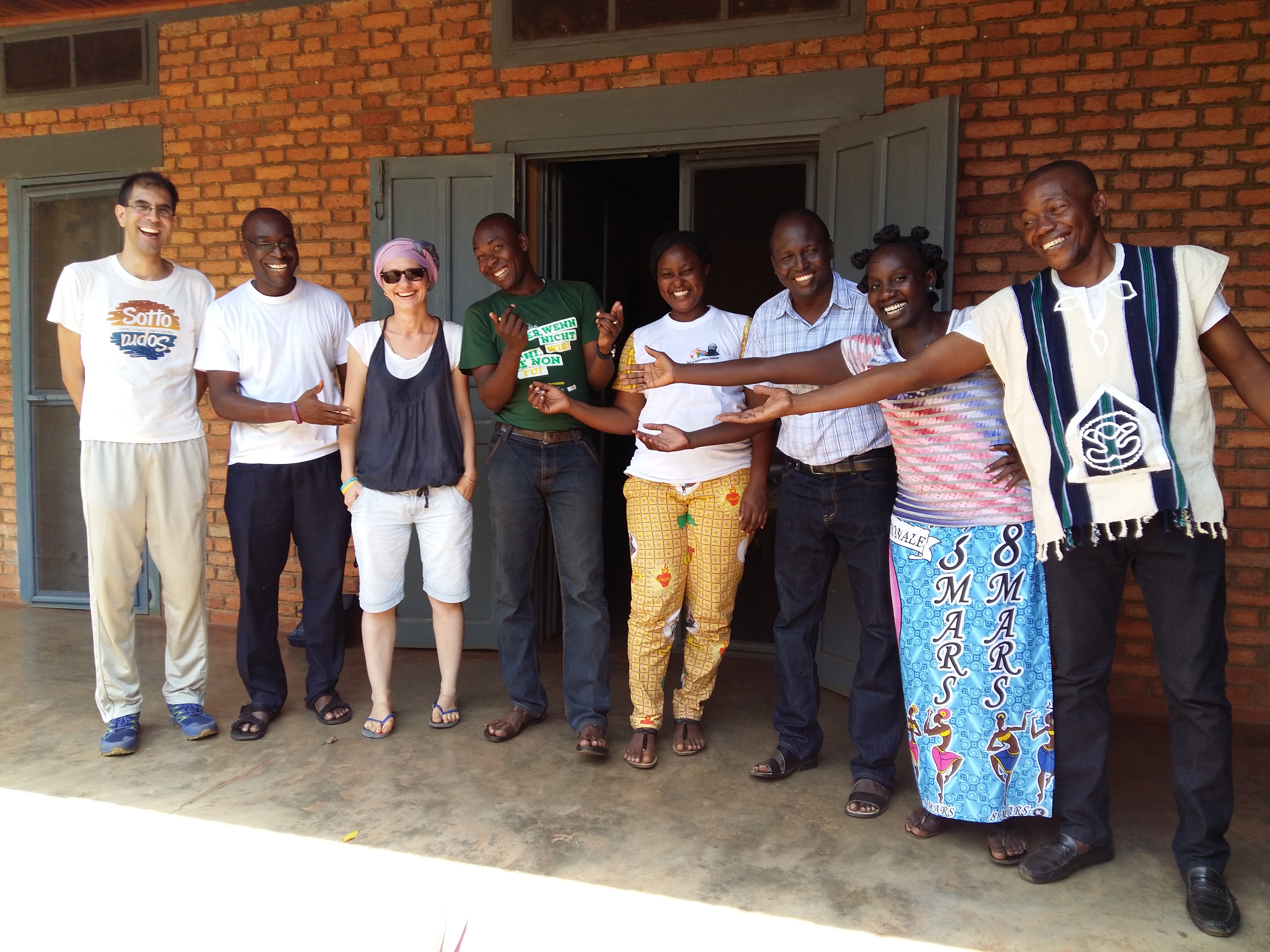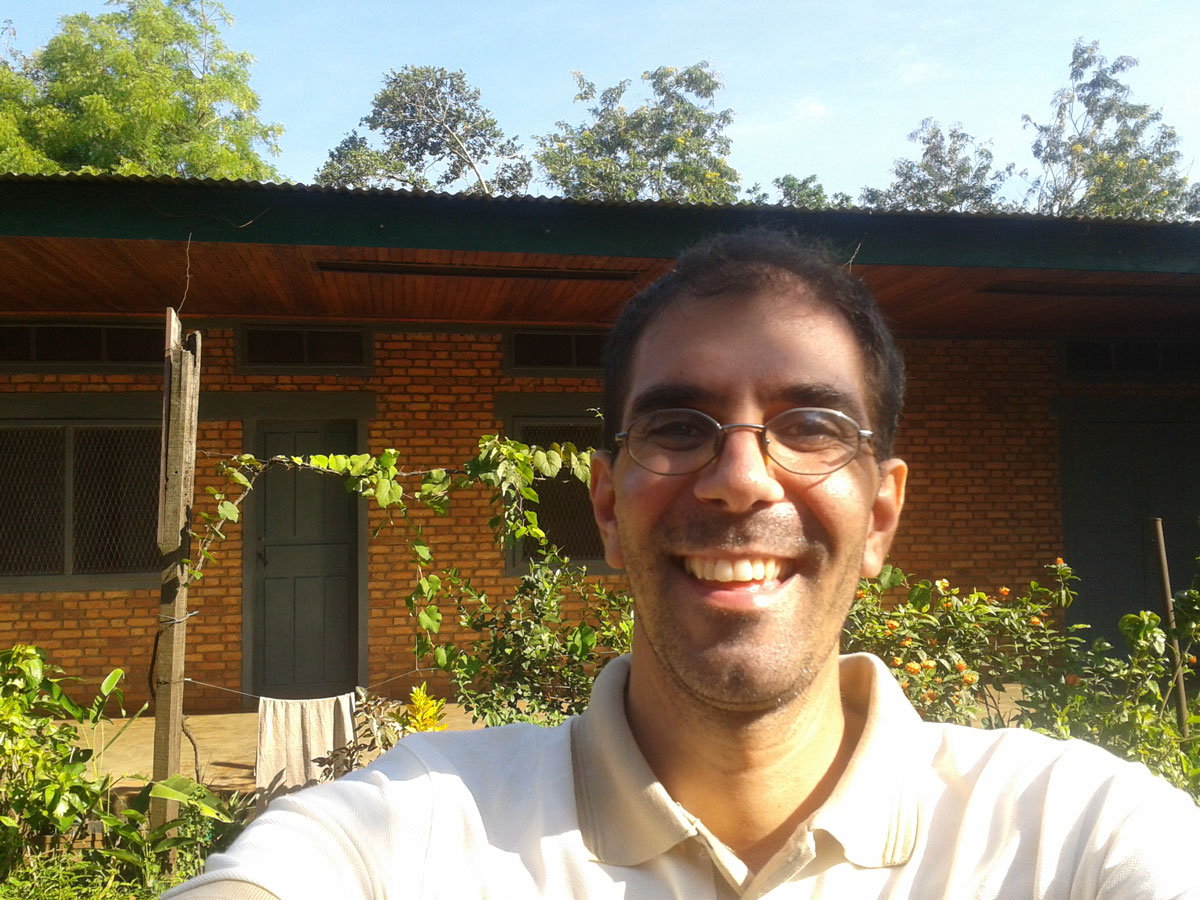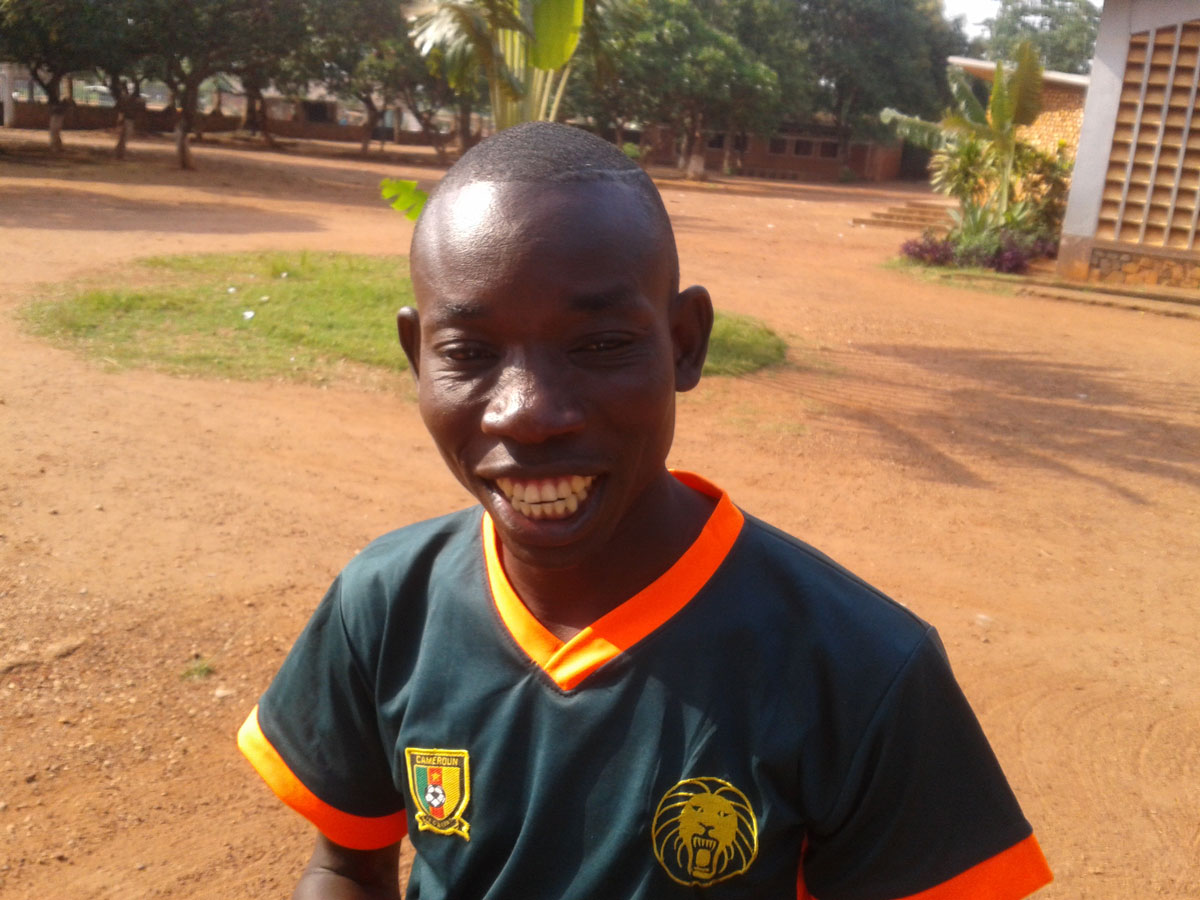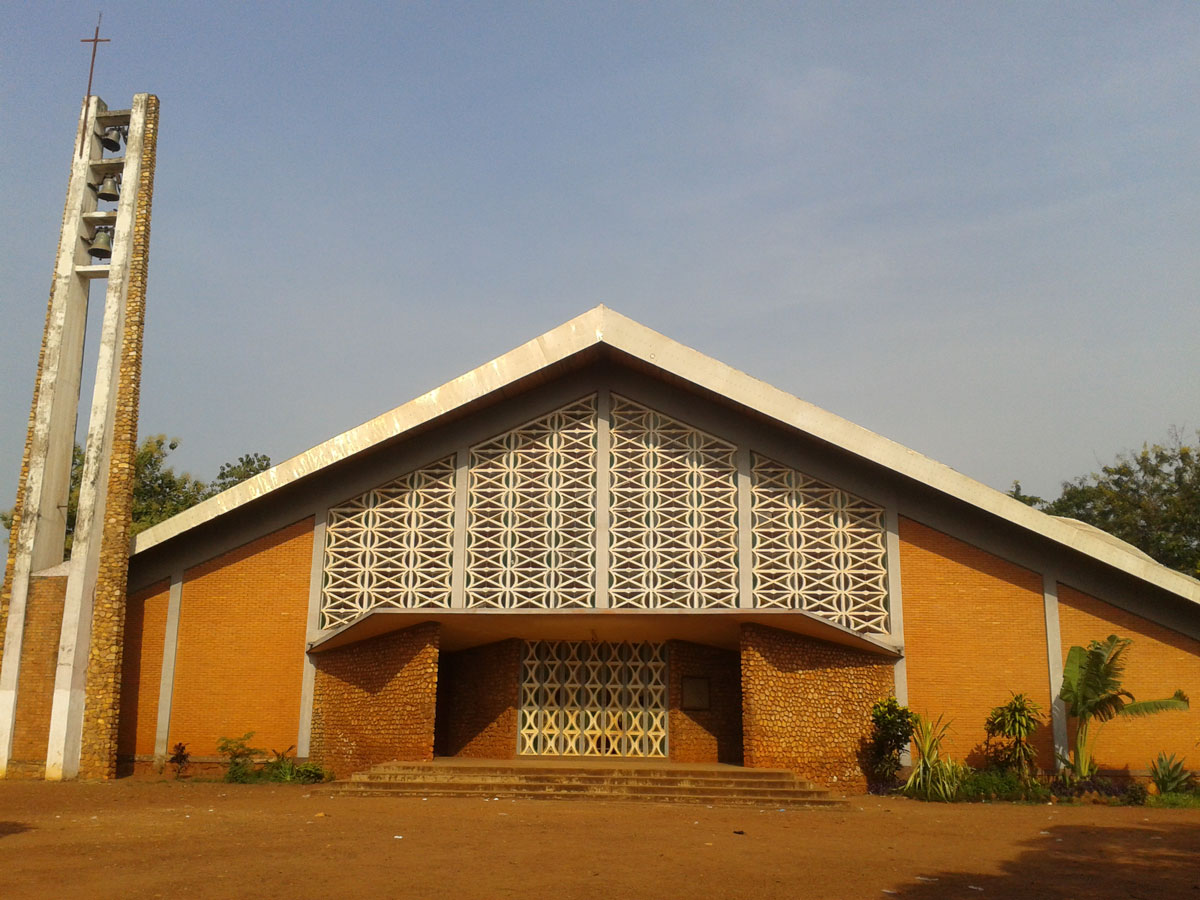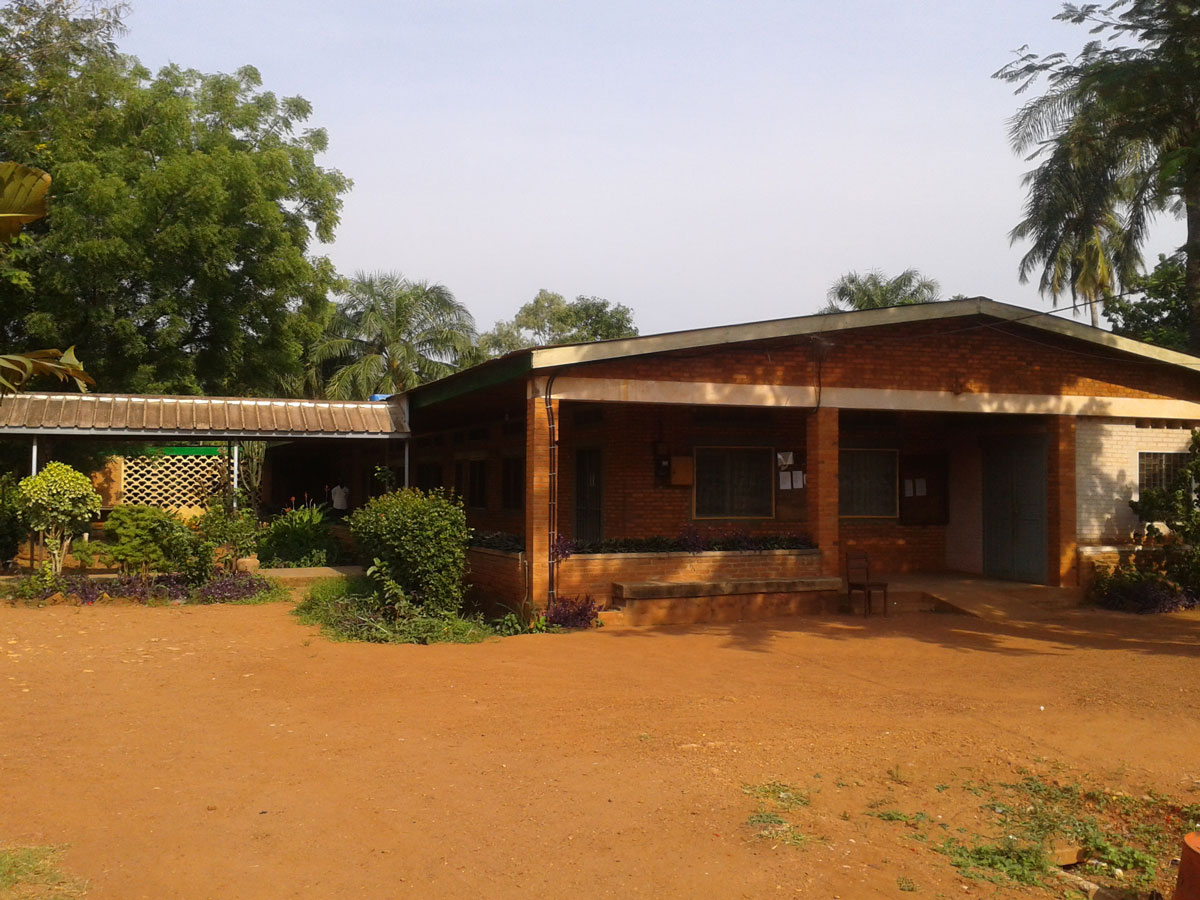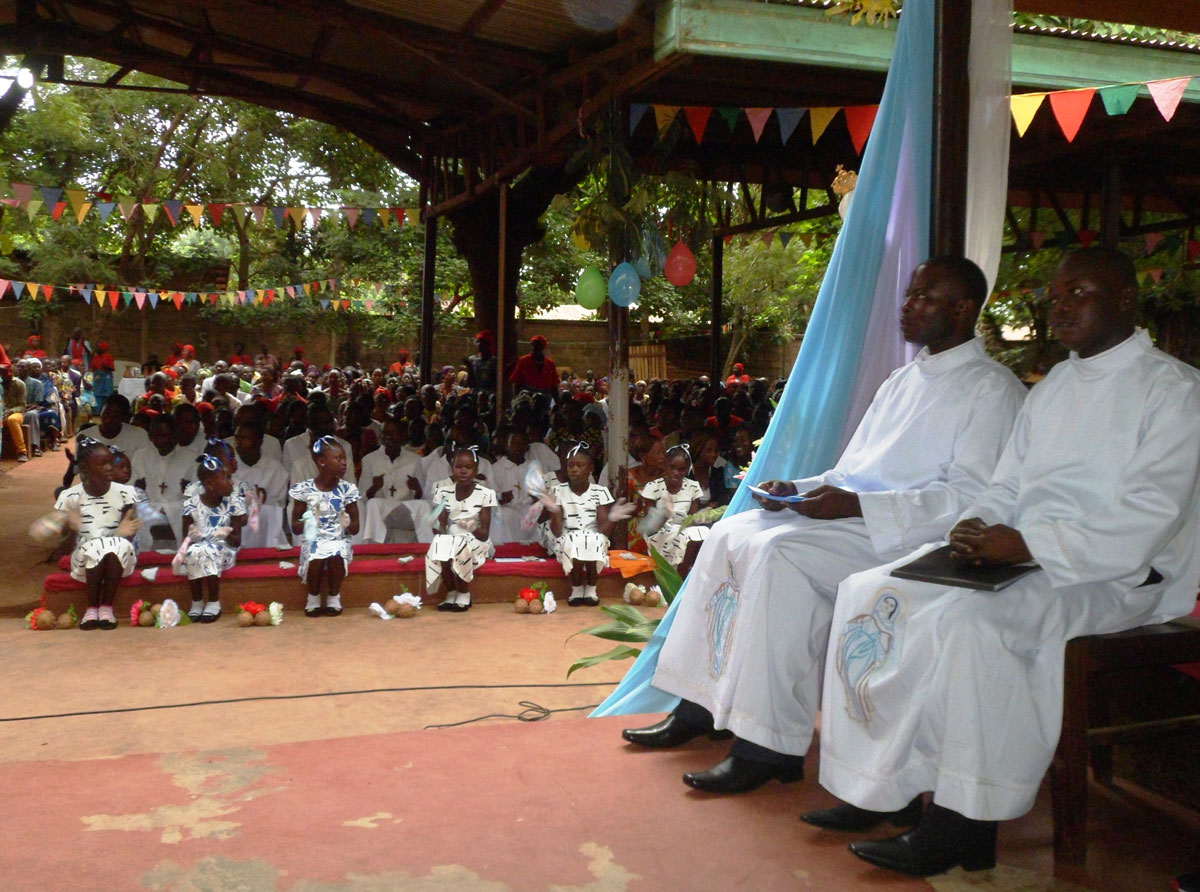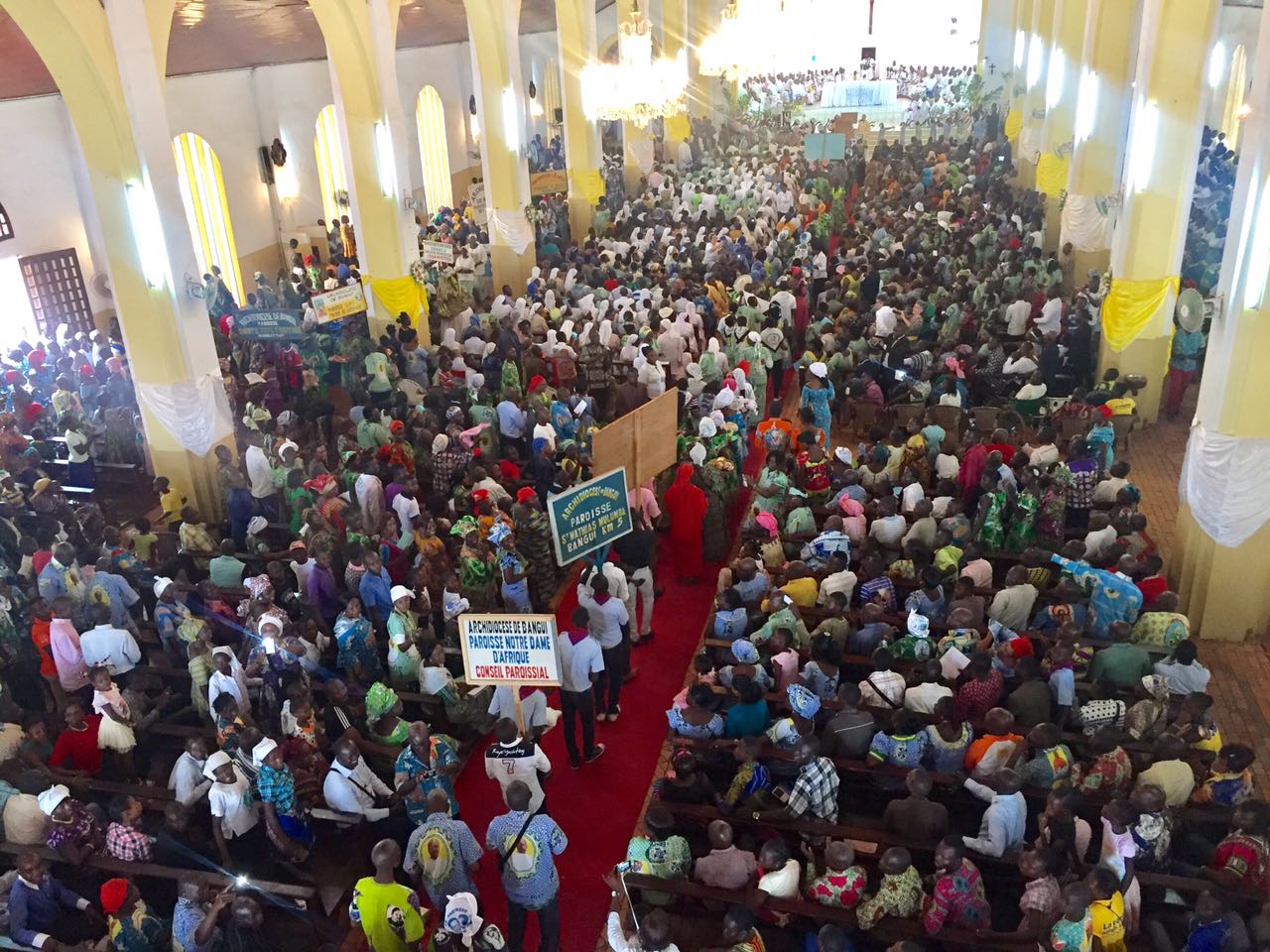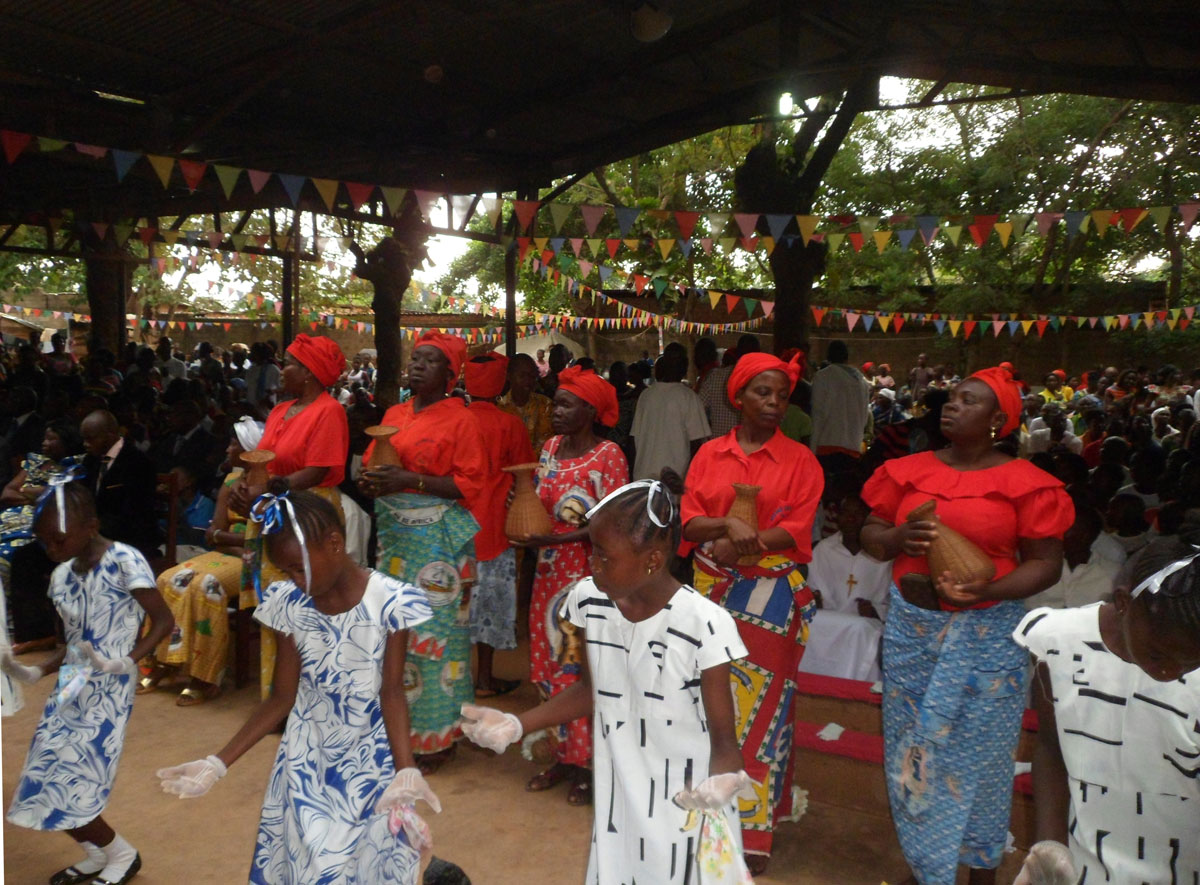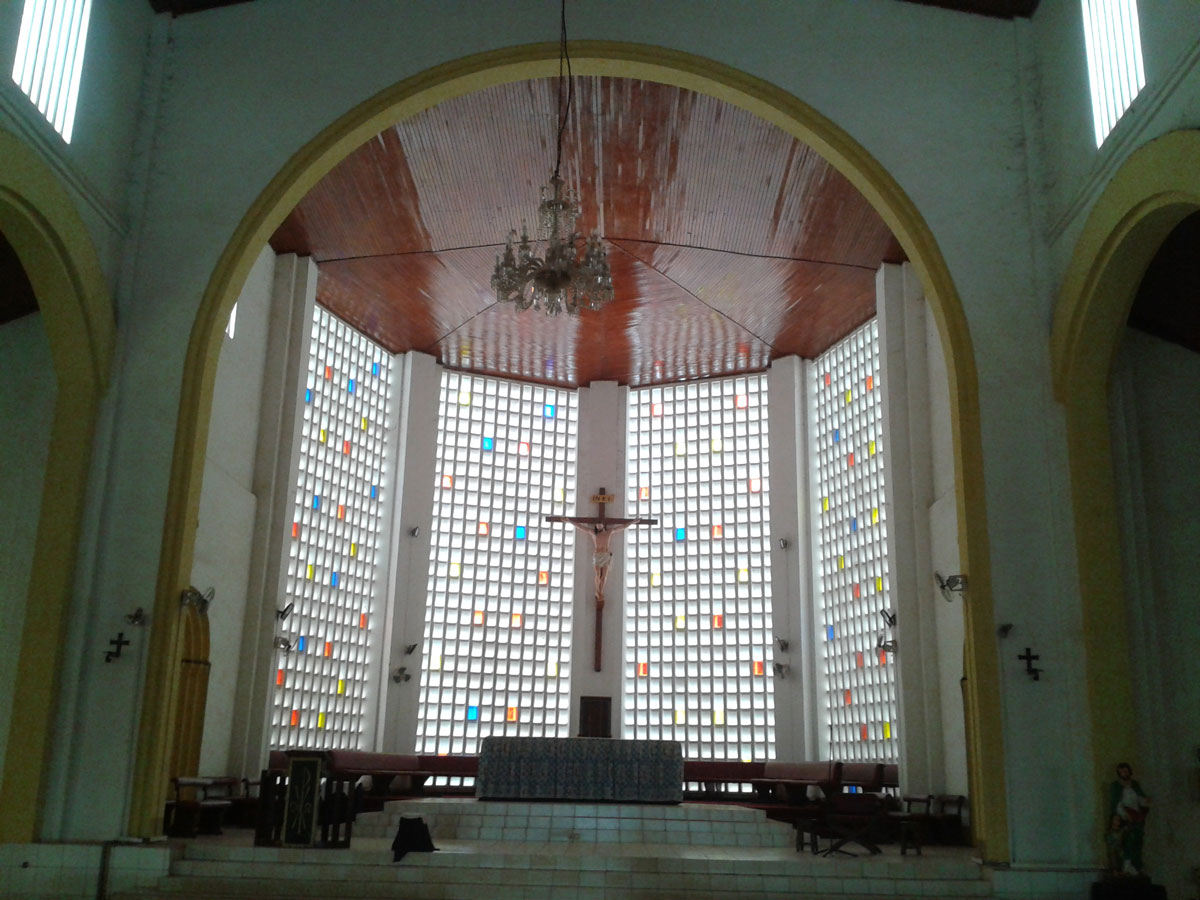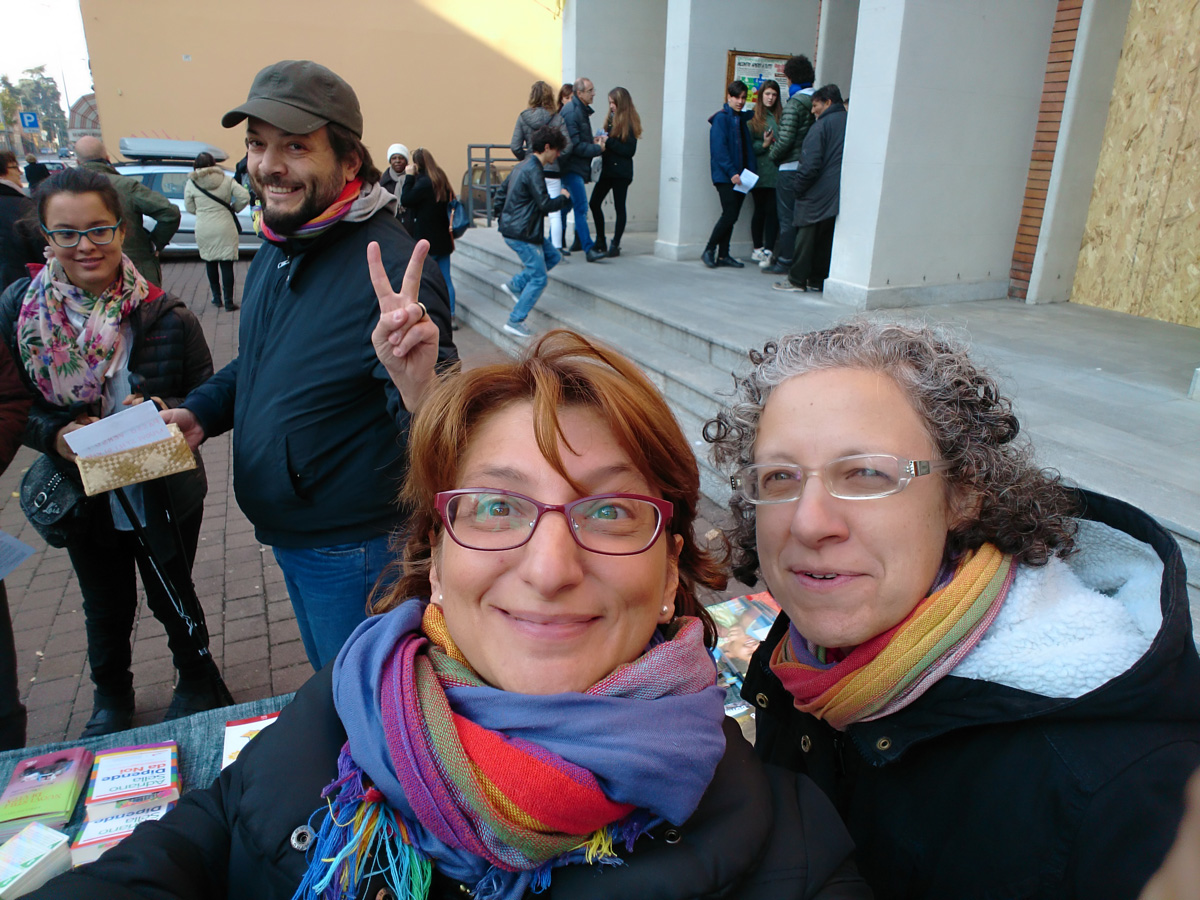 We, the members of the Comboni Lay Missionaries group of Bologna, have decided on “Outings” to meet the parish communities, to reflect and share on the New Styles of Life.
We, the members of the Comboni Lay Missionaries group of Bologna, have decided on “Outings” to meet the parish communities, to reflect and share on the New Styles of Life.
To share the Head: in order to understand the phenomena that engulf us.
To share the Heart: in order to support the necessity of change both internally and externally.
To share Hands: in order to stimulate activities that any local or parish group can enact.
We feel it is important to start a missionary journey that will help to question a life style which is increasingly consumeristic and individualistic, which fosters more and more social, local and worldwide inequities, besides brutally damaging our common home: the Earth.
The dramatic situation of our planet, mistreated and wounded, and the tragic life conditions of its inhabitants cannot leave us indifferent. This is a cry echoing with increasing strength in our ears and that is present here and now.
It is futile to deny that our current styles of life have produced, and continue to produce, a series of wounds in the environment, in increasing poverty, in miserable situations the world over.
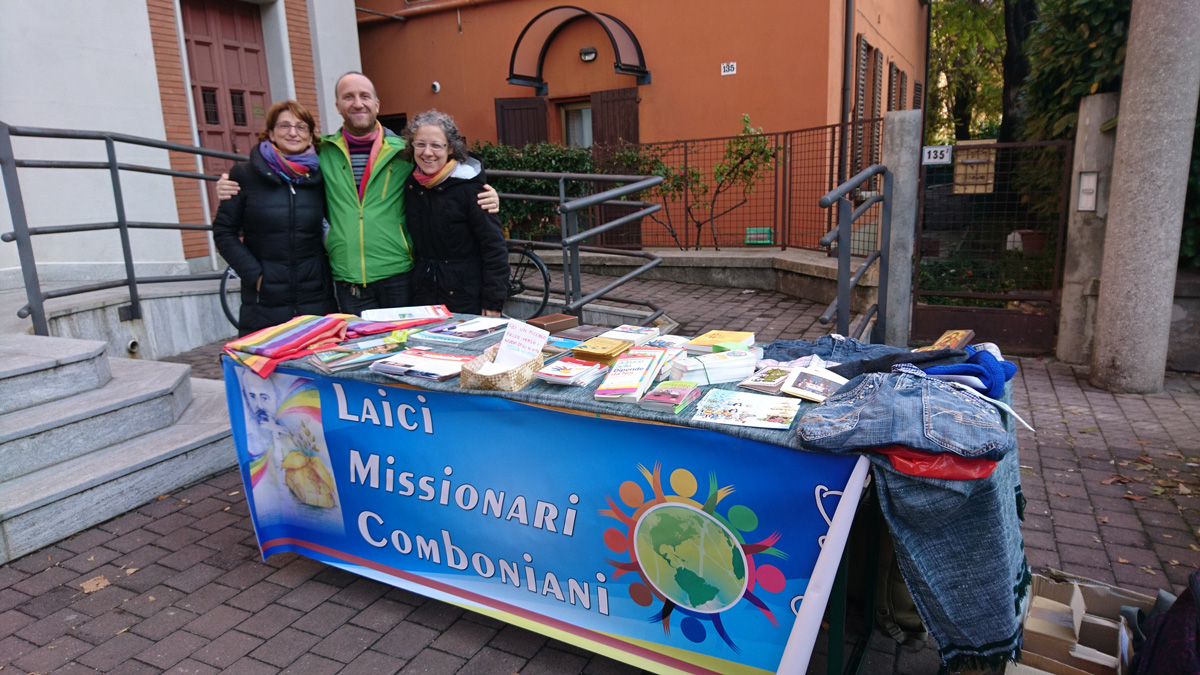 Our choices, our simple daily activities, have planetary repercussions, from what we use and consume, from what we buy, from what we utilize and waste. The world has become one single home where we are all interdependent and responsible for its care. Laudato sii itself encourages us to go beyond individualism and look for alternate styles of life.
Our choices, our simple daily activities, have planetary repercussions, from what we use and consume, from what we buy, from what we utilize and waste. The world has become one single home where we are all interdependent and responsible for its care. Laudato sii itself encourages us to go beyond individualism and look for alternate styles of life.
Basing ourselves on these premises that guide our will, our faith and our commitment, on Sunday, November 19, on the occasion of the World Day for the Poor, we met at the parish of Christ the King in Bologna to share with the parishioners both a community meal with the “poor” of the city and a time of reflection and sharing on the themes of the New Styles of Life. It was our first “Outing.”
Together with the parishioners we joined Head, Heart, Hands, emotions, reflections and, above all, the desire to commit ourselves and build something “good.”
This shows how important it is to get together to weave relationships that will lead away from the loneliness of impotence, from urban loneliness evermore deprived of gestures of conviviality and “humanity.” One little step at the time, we want to start this missionary journey, without any concern for quantity (Many people? Only a few?), but rather for quality and, above all, for every single person who wants to walk with us, because together we grow, we walk, we share, we create and change. Mission invites us to “Go out,” to be witnesses, but never alone, with Others.
We will keep it up in 2018, trying to meet with other parishes, to build alternative ways born out of solidarity, of getting together, of conviviality that will help the networking of ideas, activities, and groups in a commitment to justice.
As Gandhi used to say: “You be the change you want to see in the world.”




